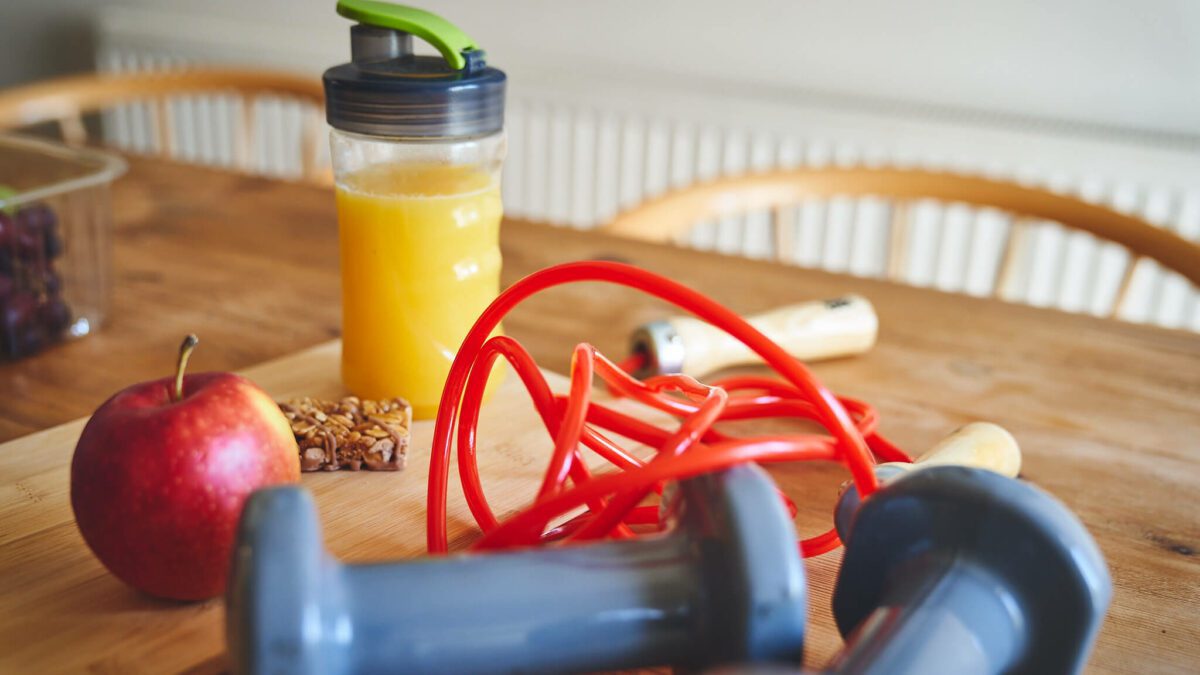

Blogs
Hundreds of blog posts to educate you on a wide variety of topics across the Health, Fitness and Nutrition industry.


Hundreds of blog posts to educate you on a wide variety of topics across the Health, Fitness and Nutrition industry.
The fitness industry is constantly evolving. It’s why we’ve focused on providing you with the resources, tools and content aimed at inspiring change across the health and fitness industry.
#IamSetforSuccess
"I study with Future Fit because I connected with their passion for fitness and dedication to their students' success. Overall joining Future Fit was the best decision I have made in my fitness career and I am excited for what the future holds!" Ibrahim Conteh

Our courses set the benchmark for industry training and ongoing support. If you’re ready to get started, so are we.